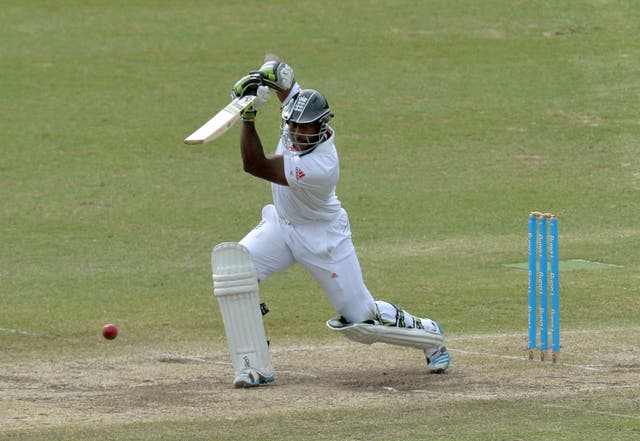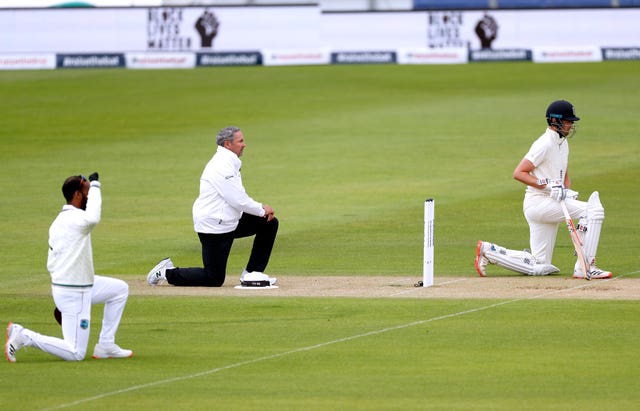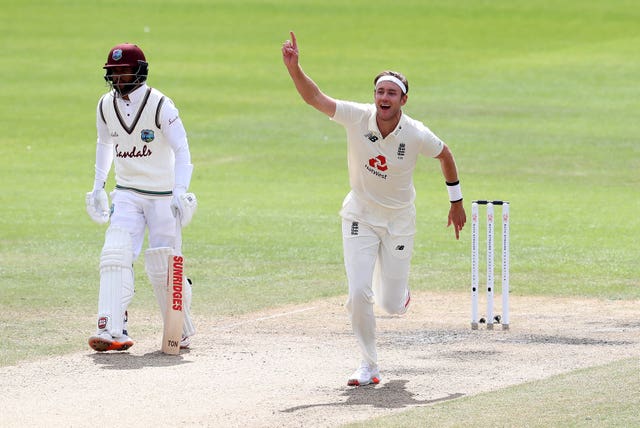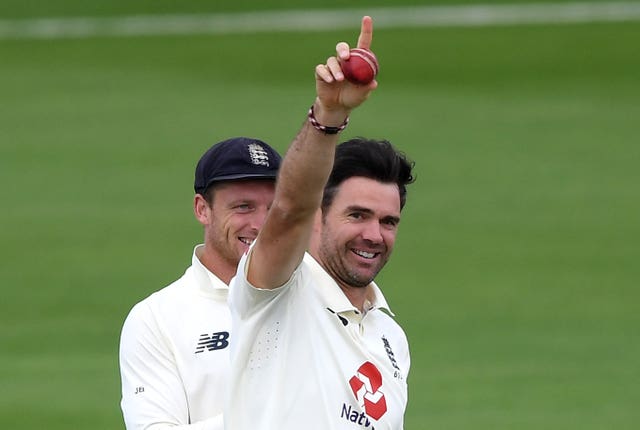Uncomfortable allegations in recent months have shone a fresh light on diversity and inclusion in English cricket at a time when the fallout from the coronavirus pandemic led to losses exceeding £100million.
Financial oblivion was averted by a rejigged international calendar, with England's men's and women's sides both taking the field this summer thanks to flexible touring teams and near-impenetrable 'bio-secure' bubbles.
However, amid widespread acclaim for the England and Wales Cricket Board's salvage job, the governing body and the game as a whole have been forced to confront some troubling claims in the wake of the Black Lives Matter movement.

Former England batsman Michael Carberry, West Indies great Michael Holding and Ebony Rainford-Brent, the first black woman to play for England, spoke so powerfully and forcefully on their experiences of racism within the game.
Those revelations prompted Azeem Rafiq to give worrying details about racist abuse he asserts he was subjected to during his time at Yorkshire, while the ECB was accused of institutional racism by two former umpires.
In response, the ECB announced the formation of an independent commission to assess evidence of inequalities, one of a series of measures rolled out to encourage "lasting change", according to new chairman Ian Watmore.
It has been a turbulent start for Watmore, who officially succeeded Colin Graves in September, with the ECB confirming a round of job cuts and the fear of more financial strife if restrictions continue into next summer.
The inaugural edition of The Hundred was postponed by 12 months because of the pandemic, but the ingenuity of ECB logistics man Steve Elworthy and his team and the tolerance of players meant the summer was not written off.

International teams, broadcasters and support staff were holed up in on-site hotels at Emirates Old Trafford and the Ageas Bowl while the ECB carried out 10,000 coronavirus tests without a single recorded positive case.
A major success, then – despite Jofra Archer's bubble-breaching trip to his flat – but the ECB has stressed the environment may be impossible to create next year due to finances and the mental health concerns of those involved.
Stuart Broad was left out of the opening Test of the summer, one Joe Root missed due to paternity leave, as the West Indies drew first blood in a series where England and the tourists took a knee in support of the BLM movement.
Ben Stokes handed the reins back to Root before starring with contrasting innings of 176 and 78 not out, while Broad took the headlines in the series decider with a 10-for, bringing up his 500th Test wicket in the process.
A near-miraculous stand between Jos Buttler and Chris Woakes proved the difference in the following series against Pakistan, arguably saving the former's Test career as England chased down 277 despite lurching to 117 for five.

Zak Crawley came of age with a majestic 267 in the final rain-affected Test, where James Anderson became the first fast bowler in history to reach 600 Test wickets.
The 38-year-old insists there is still plenty left in the tank after England toasted their third Test series victory in a row – having come from behind to beat South Africa 3-1 at the start of 2020.
With their all-format players competing in the Test side, a largely second string England side beat Ireland across three one-day internationals although the world champions came a cropper in a supposed 'dead rubber'.
Ireland's only previous triumph over the English had been at the 2011 World Cup so emotions were understandably high after a consolation victory, after which Eoin Morgan's side drew 1-1 against Pakistan in a Twenty20 series.
Australia were then beaten 2-1 in T20s as England brought back their big guns but the tourists prevailed by the same scoreline in three ODIs on sluggish surfaces, requested by Morgan in preparation for the 2023 World Cup.

By this stage, the T20 World Cup, like many global events, was pushed back by a year but rearranged to take place in India with Australia now scheduled to host the 2022 edition.
England rounded off the year with a turbulent tour of South Africa, where Dawid Malan cemented his position as the number one ranked T20 batsman in the world with a star showing in a 3-0 series win in Cape Town and Paarl.
The ODI series was called off after a Covid-19 outbreak, England unable to complete a second tour in a row after abandoning their Test tour of Sri Lanka at the height of the pandemic.
Heather Knight's England completed a clean sweep of the Windies in five T20s at Derby's Incora Ground, while 41 full-time contracts have been handed to domestic female cricketers in a major step in the professionalisation of the women's game.
Essex won the first-ever Bob Willis Trophy following a draw in the Lord's final against Somerset, whose wait for a first-class title goes on, while Nottinghamshire went all the way in the Vitality Blast. Southern Vipers lifted the 50-over Rachael Heyhoe Flint Trophy.
 England
England
/https%3A%2F%2Fsportsmole-media-prod.s3.gra.io.cloud.ovh.net%2Fuploads%2F2025%2F11%2Fimago1067466609-690b33b9629cc927791165.jpg)
/https%3A%2F%2Fsportsmole-media-prod.s3.gra.io.cloud.ovh.net%2Fuploads%2F2025%2F07%2Fimago1064533006-6889f0b32d896043262124.jpg)
/https%3A%2F%2Fsportsmole-media-prod.s3.gra.io.cloud.ovh.net%2Fuploads%2F2025%2F09%2Fjacob-bethell-68bf07a19a680487490133.jpg)
/https%3A%2F%2Fsportsmole-media-prod.s3.gra.io.cloud.ovh.net%2Fuploads%2F2025%2F08%2Fimago1064776089-68909748a2cca644295636.jpg)
/https%3A%2F%2Fsportsmole-media-prod.s3.gra.io.cloud.ovh.net%2Fuploads%2F2025%2F11%2Fimago1069426574-6921890c1fa15979871066.jpg)
/https%3A%2F%2Fsportsmole-media-prod.s3.gra.io.cloud.ovh.net%2Fuploads%2F2025%2F11%2Fimago1069398963-69203b57b0924331078033.jpg)
/https%3A%2F%2Fsportsmole-media-prod.s3.gra.io.cloud.ovh.net%2Fuploads%2F2025%2F11%2Fjoe-root-691e64694f32a806526367.jpg)
/https%3A%2F%2Fsportsmole-media-prod.s3.gra.io.cloud.ovh.net%2Fuploads%2F2025%2F11%2Fsmith-691e5bc238211304088798.jpg)